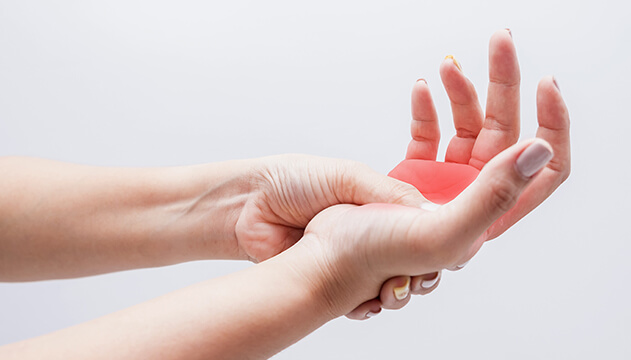The Connection Between Stress and Neck Pain: What You Need to Know

Stress and neck pain often go hand in hand, affecting many individuals across various lifestyles. While stress is a psychological response to challenging situations, pain manifests as a physical symptom, which can range from mild discomfort to severe stiffness. Here is more information on how these two issues intersect, why they are commonly linked, and what contributes to the cycle of stress and neck-related discomfort:
Exploring Body
Stress activates the body’s natural “fight or flight” response, releasing hormones like cortisol and adrenaline. These hormones increase heart rate, elevate blood pressure, and prepare muscles for action, sometimes causing neck pain. While this response is helpful in short-term situations, prolonged stress keeps the body in a heightened state, creating physical tension.
Muscle tension is a common reaction to stress and can be particularly noticeable in the neck and shoulders. This tension occurs as the body subconsciously tightens muscles in response to stressors. Over time, chronic stress may lead to fatigue in these muscles, reduced flexibility, and increased sensitivity to pain. These physical changes lay the groundwork for recurring neck discomfort, even during low-stress periods.
Understanding Poor Posture
Stress often leads to behavioral changes that influence posture. For instance, individuals under pressure may find themselves working longer hours at a desk, staring at screens for extended periods, or adopting poor posture without realizing it. Slouching, craning the neck forward, or hunching shoulders are common physical habits during stressful situations.
These posture habits place strain on the cervical spine, the part of the spine that supports the neck. Prolonged strain can result in stiffness, muscle imbalances, and misalignment in this region. Over time, these physical responses to stress may compound, increasing the likelihood of developing chronic pain.
Perpetuating Stress
The relationship between stress and pain can become cyclical, where one exacerbates the other. Neck pain can disrupt sleep quality, making it more difficult for individuals to recover psychologically and physiologically. Ongoing discomfort can reduce the ability to concentrate, complete tasks, or engage in relaxation techniques, which can elevate stress further.
This cycle may also influence mental health. Persistent pain triggers feelings of frustration or irritability, which can amplify the experience of stress. Breaking this cycle requires addressing both the physical symptoms and the psychological contributors at the same time. Interventions that incorporate body awareness, relaxation techniques, and ergonomic adjustments may assist in managing both components.
Get Help With Neck Pain
The interplay between stress and pain highlights the body and mind’s interconnected nature. Prolonged stress leads to muscle tension, which often affects the neck and shoulders. Behavioral changes linked to stress, such as poor posture, further contribute to neck strain, while chronic neck pain perpetuates stress by disrupting recovery and daily functioning. Addressing this connection involves identifying and mitigating stressors, adopting healthier posture habits, and incorporating techniques to manage muscle tension. Understanding these links allows individuals to address stress and pain more effectively, supporting overall well-being. If you’re struggling with neck pain, find a qualified orthopedic specialist to see which treatment options are right for you.
- What to Expect When Visiting a Foot and Ankle Specialist
- Causes of PTSD
- The Link Between Plantar Fasciitis and Weight Gain: What You Need to Know
- How Pet Ownership Can Positively Impact Life with Fibromyalgia
- The Importance of Stretching and Flexibility in Sports Medicine
Dr. Emma Green is a health and wellness expert with over 10 years of experience in nutrition and fitness. Passionate about helping others live their healthiest lives, Dr. Green shares practical advice on wellness, nutrition, and sustainable living through LivingSpristine.






